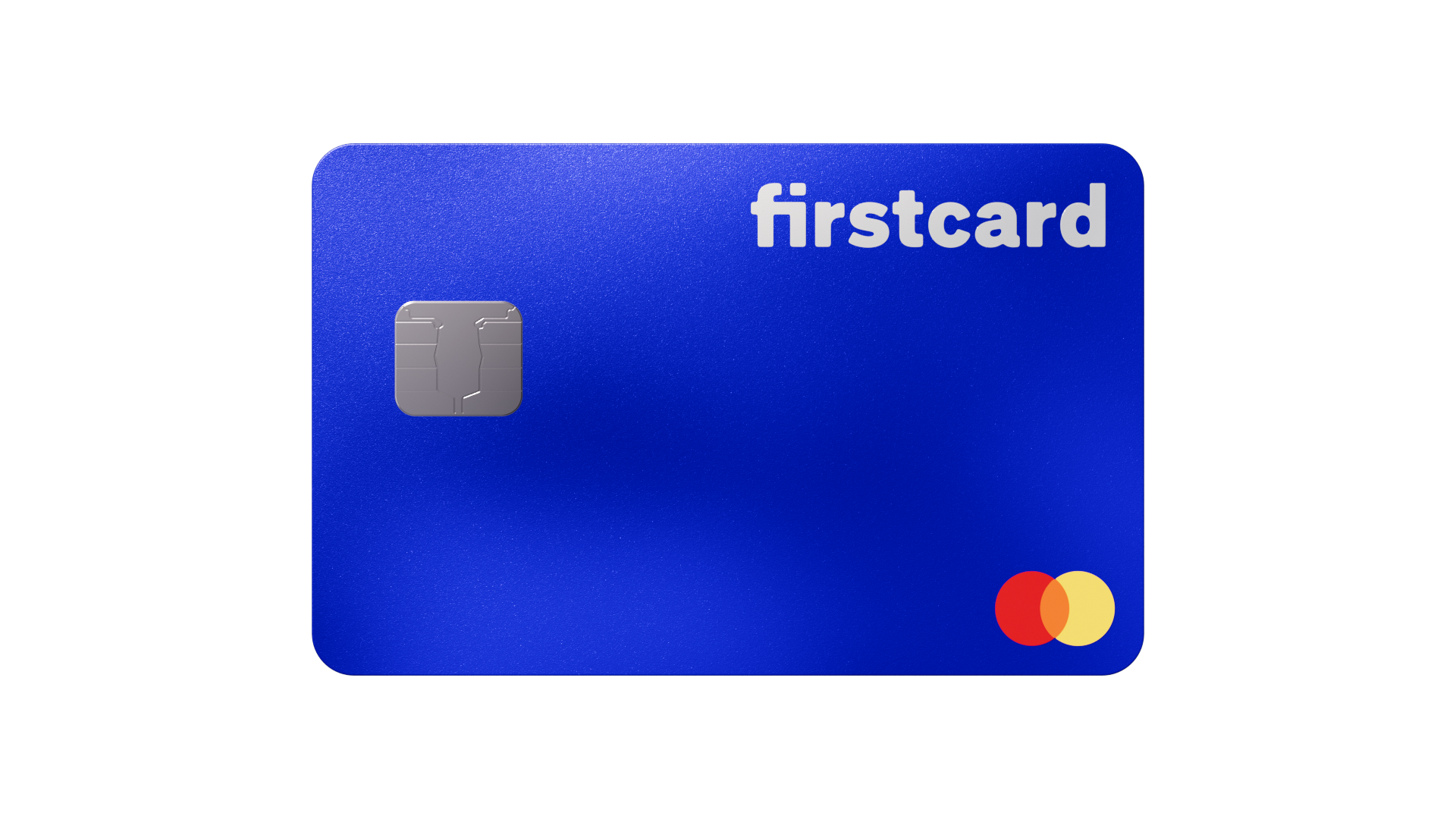The Role of Credit Cards in Building a Healthy Credit History

The Role of Credit Cards in Personal Finance
Credit cards have emerged as indispensable tools in modern financial management. Beyond merely serving as a means for everyday transactions, they are pivotal in shaping significant aspects of your financial landscape. For those who manage them wisely, credit cards can be the keys to unlocking monumental opportunities, such as acquiring a home, securing favorable loan terms, or even landing competitive employment.
One of the primary advantages of responsibly using credit cards is the ability to build a solid credit history. This history is a record of your borrowing and repayment behaviors and plays a vital role in your credit score, which further affects various aspects of your financial life. Let’s delve into the fundamental elements that contribute to establishing a healthy credit history.
- Payment Timeliness: Paying your credit card bill on or before the due date is crucial. Not only does it help you avoid late fees and interest charges, but it also demonstrates financial reliability to credit bureaus. For instance, a history of on-time payments can boost your credit score significantly, potentially raising it by 50 points or more over time.
- Credit Utilization: This ratio is calculated by dividing your total credit card balances by your total credit limits. Keeping this ratio below 30% is often recommended, as higher utilization can be a red flag to lenders. If you have a credit limit of $10,000 and you keep your balance consistently below $3,000, it showcases responsible credit management.
- Diversity of Credit: Having a mix of different types of credit—such as installment loans (like auto or student loans) and revolving credit (like credit cards)—can also enhance your credit profile. A diverse credit portfolio indicates to lenders that you can manage various forms of credit effectively.
In the United States, credit scores are scrutinized by not only lenders but also insurance companies and landlords. A strong credit score often translates to lower interest rates on loans and mortgages, which can save you substantial amounts over time. For example, a difference of just a couple of percentage points in mortgage rates can equate to thousands of dollars in additional interest payments over a 30-year loan period.
Conversely, it is crucial to be aware of the potential pitfalls of credit card use. Mismanagement, such as accruing a high balance or consistently missing payments, can lead to crippling debt and hinder your ability to achieve financial goals. Many credit card holders fail to grasp the intricacies of interest rates and fees, leading to a cycle of debt that can be challenging to escape.
Additionally, understanding terms such as annual percentage rates (APRs) and promotional offers is fundamental. For example, some cards offer enticing introductory 0% APR on purchases for the first 12 months, but failing to pay off the balance before the promotional period ends can result in hefty interest charges.
To navigate the world of credit cards successfully, thorough education and awareness are essential. By taking the time to learn about credit utilization, payment behaviors, and the broader implications of maintaining good credit, you significantly enhance your financial security. Thus, exploring this financial tool can lead to a wealth of positive opportunities that shape your financial future.
DISCOVER MORE: Click here to find out how to apply
Building Blocks of a Robust Credit History
To effectively construct a healthy credit history, one must first grasp how various factors interplay with credit card usage. Credit cards, when processed into a well-planned strategy, offer unique opportunities to influence your creditworthiness positively. Understanding these elements not only helps improve your credit score but also places you in a favorable position for future financial endeavors.
At the core of establishing a healthy credit history lies the concept of payment consistency. Each time you make a payment, you’re creating a footprint of your financial reliability. Creditors value this consistency tremendously. For example, maintaining an unbroken chain of on-time payments can demonstrate to potential lenders that you are a trustworthy borrower. According to FICO, about 35% of your credit score hinges on your payment history, emphasizing the importance of this factor. Missing just a few payments can negatively impact your score, potentially resulting in higher interest rates when you apply for loans in the future.
Next, consider the credit utilization ratio, a vital component in managing credit cards effectively. This ratio can directly affect your credit score and is calculated by taking the total amount of credit you are using and dividing it by your total credit limits. Keeping this ratio below 30% is a widely accepted practice, but for those looking to promote optimal credit health, aiming for an even lower percentage can be beneficial. For instance, if your total credit limit is $15,000, consistently keeping your balance under $4,500 signals prudent management of your credit resources.
- Impact on Credit Score: Keeping the utilization low can elevate your credit score, making you eligible for better loan offers.
- Long-Term Effects: Even a lower utilization can enhance your borrowing power in future economic conditions.
- Dynamic Spending Flexibility: A manageable credit utilization offers freedom to navigate unexpected expenses without compromising your credit score.
Furthermore, the diversity of credit that encompasses various forms of borrowing can further enrich your credit history. Lenders appreciate applicants who showcase their ability to manage different types of credit responsibly. This might include a mix of credit cards, student loans, auto loans, or even mortgages. The presence of both revolving credit (like credit cards) and installment credit (like loans) sends a message to creditors that you can handle financial commitments in multiple forms.
Moreover, it’s vital that consumers pay attention to the terms and fees associated with each credit card. Understand the nuances of annual fees, interest rates, and other charges that could eat into your financial health. Awareness of these terms ensures you can make informed decisions before swiping that card, ultimately contributing to your overall credit strategy.
In summary, by focusing on timely payments, maintaining a low credit utilization ratio, and diversifying your credit types, you lay the groundwork for a sturdy credit history. The more informed you become about how credit cards function within your personal finance strategy, the better equipped you will be to leverage them to foster financial growth and stability.
LEARN MORE: Click here for a step-by-step guide to applying for the Goodyear credit card
The Strategic Benefits of Credit Card Management
Another crucial aspect of building a healthy credit history with credit cards is maintaining a long credit history. The longer you manage a credit account effectively, the more it can influence your credit score positively. Lenders prefer to see a long track record of responsible credit behavior. For instance, if you’ve held a credit card for many years and consistently kept your payments on time, that account contributes significantly to your overall credit age, a factor that makes up about 15% of your FICO score. Therefore, even if you don’t use a specific card often, it might be wise to keep it open, as it can boost your credit profile exponentially.
Additionally, utilizing credit card rewards programs can also aid in the overall management of one’s finances, indirectly impacting credit scores. Rewards programs can offer cash back, travel benefits, and other perks that, while seeming like bonuses, allow you to use credit cards for everyday expenses. For example, someone who buys groceries and fills their car with gas can accumulate rewards without overspending, enabling them to pay their bills in full each month—a critical action that supports both credit health and personal finance stability.
Furthermore, it’s essential to understand that credit cards can provide a safety net through emergency funds. While it’s always best to maintain savings for unforeseen expenses, having access to a credit limit can be advantageous during emergencies. This practice, however, requires discipline to avoid falling into debt traps. The key lies in strategic usage: if an unexpected health issue arises and you must use your credit card, ensuring you can pay off the balance quickly supports financial health and credit score maintenance.
Another intriguing element relates to credit card inquiries. Every time you apply for new credit, a hard inquiry is noted on your credit report, which can slightly decrease your score. Therefore, it is beneficial to limit applications for new credit cards to only when necessary. Regularly evaluating existing cards and choosing to close those that do not serve your financial interests may lead to strategic adjustments in credit management practices rather than applying for new lines of credit. Keeping inquiries to a minimum is an often-overlooked aspect of maintaining a robust credit score.
The Power of Education and Awareness
Being educated and aware of one’s credit health can serve as the backbone for using credit cards effectively. Many financial institutions provide free access to credit scores and educational resources, enabling consumers to learn about factors impacting their credit history. Understanding how credit scores are derived allows individuals to make informed decisions about managing credit cards and fosters a proactive approach to financial stability.
- Resources Available: Websites and apps exist that offer credit monitoring services and financial education, ensuring you stay updated on your credit status.
- Frequency of Checking: Regularly checking your score ensures you can address any discrepancies or issues swiftly, safeguarding your credit health.
- Leveraging Technology: Using budgeting tools and expense trackers can also help maintain organized spending habits, reducing unnecessary debt accumulation.
Ultimately, building a healthy credit history through credit card management is a multifaceted journey. It extends beyond mere use of credit cards; it involves understanding credit mechanics, strategically managing credit limits, and planning financial actions. The awareness and tools available can empower consumers to effectively utilize credit cards, fostering a path toward long-term financial wellness.
DISCOVER MORE: Click here to learn about technology’s impact on financial planning
Conclusion
In conclusion, credit cards play a pivotal role in establishing and maintaining a healthy credit history, serving as a valuable financial tool when managed wisely. The strategic use of credit cards, which includes making timely payments, keeping balances low, and leveraging reward programs, can significantly enhance one’s credit profile. This journey towards robust credit management is not solely about borrowing money but also about demonstrating responsible financial behavior, which is crucial for lenders evaluating creditworthiness.
Equally important is the understanding of how credit dynamics work—knowing the long-term benefits of maintaining accounts, the importance of minimizing hard inquiries, and the significant impact it has on achieving favorable credit scores. Consumers must embrace the power of education and awareness, utilizing available resources to monitor their credit scores and stay informed about their financial health. This proactive approach not only safeguards one’s credit status but also empowers individuals to make informed decisions regarding their finances.
Ultimately, credit cards can serve as a pathway to financial stability and growth when used judiciously. They offer not just convenience but a chance to build a positive credit history that can open doors to larger loans, lower interest rates, and better financial opportunities in the future. As Americans navigate their financial landscapes, harnessing the potential of credit cards can lead to a confident and secure financial future.


